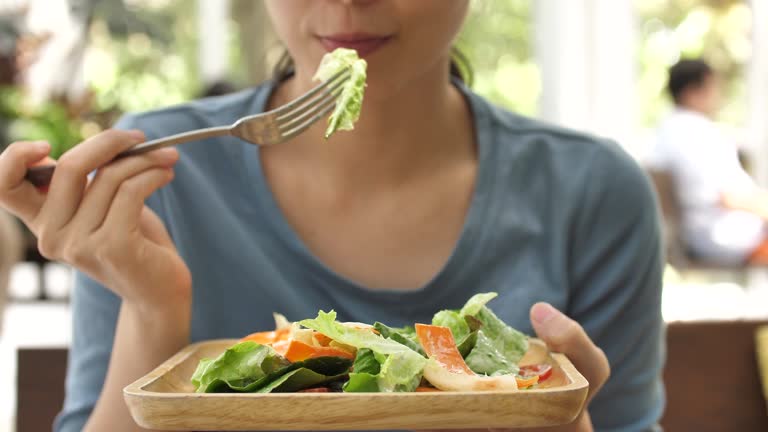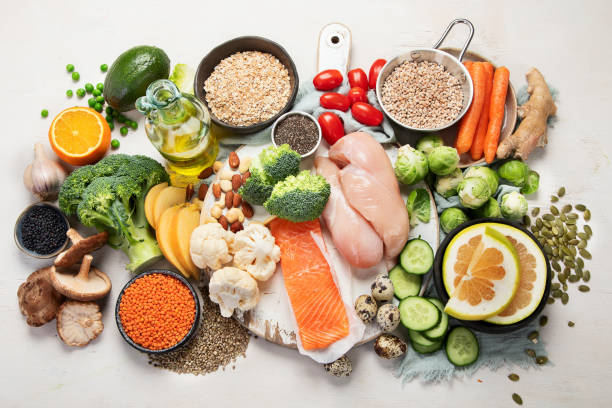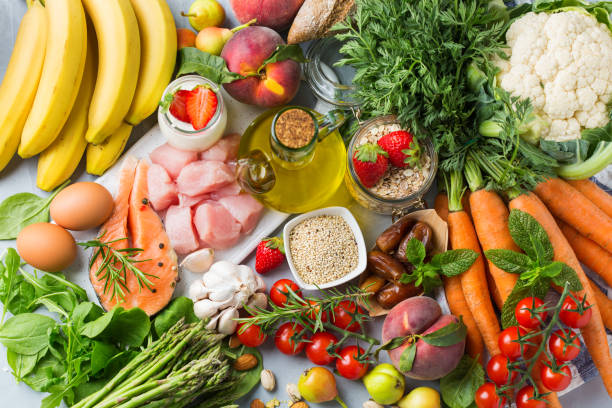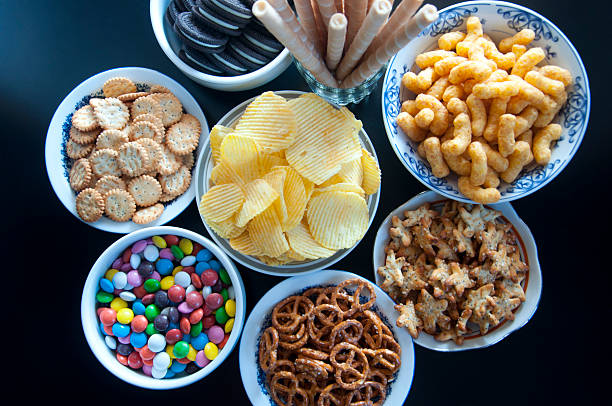Recovering from COVID-19 is not just about testing negative—it’s about regaining physical strength, repairing tissues, rebuilding immunity, and restoring energy levels. Nutrition plays a central role in the recovery phase, helping the body recover from inflammation, fatigue, and weakness caused by the virus.
This guide outlines a practical and balanced post COVID recovery diet menu with essential nutrients, food choices, and sample meal plans for optimal healing.
Why Nutrition Matters in Post COVID Recovery Diet Menu?
During and after COVID-19, the body experiences:
- Muscle loss due to immobility
- Weakened immunity
- Respiratory stress
- Fatigue and brain fog
- Increased inflammation
- A well-planned diet helps:
- Rebuild tissues and muscles
- Strengthen the immune system
- Boost energy levels
- Support gut health and mental clarity
Key Nutrients You Should Have Post COVID Recovery Diet Menu:
| Nutrient | Role in Recovery | Food Sources |
|---|---|---|
| Protein | Muscle repair and immune support | Eggs, lentils, milk, fish, chicken, tofu |
| Vitamin C | Antioxidant reduces inflammation | Citrus fruits, amla, guava, bell peppers |
| Vitamin D | Immune regulation, bone health | Sunlight, fortified milk, mushrooms, fish |
| Zinc | Wound healing, immunity | Pumpkin seeds, meat, legumes, nuts |
| Omega-3 fatty acids | Reduces inflammation, boosts brain health | Flaxseeds, walnuts, fatty fish |
| Iron | Fights fatigue and supports oxygen transport | Spinach, beetroot, red meat, legumes |
| Probiotics | Gut health and immunity | Curd, yogurt, fermented foods, kefir |
| Fluids & Electrolytes | Hydration and recovery | Coconut water, lemon water, ORS |
Foods to Eat In Post COVID Recovery Diet Menu:
The foods you should eat after COVID-19 recovery are…
Protein-Rich Foods:
To rebuild lost muscle mass and support immune function.
- Animal Sources: Eggs, chicken, fish, lean meat
- Vegetarian Sources: Paneer, tofu, lentils (dal), chickpeas, kidney beans
- Dairy: Milk, yogurt, cheese
- Snacks: Nuts, seeds, roasted soybeans
Fresh Fruits and Vegetables:
Rich in vitamins, antioxidants, and fiber.
- Vitamin C-Rich Fruits: Oranges, kiwi, guava, papaya, amla
- Green Leafy Vegetables: Spinach, fenugreek, amaranth
- Other Veggies: Carrots, bell peppers, broccoli, pumpkin
Dairy Products:
Provide calcium, protein, and probiotics for gut health.
- Include: Milk, curd (yogurt), buttermilk, paneer
Whole Grains:
For sustained energy and fiber.
- Brown rice
- Whole wheat
- Oats
- Millets (ragi, bajra, jowar)
- Quinoa
Immunity-Boosting Drinks:
- Herbal teas (tulsi, ginger, mulethi, turmeric)
- Golden milk (turmeric milk at night)
- Kadha (homemade immunity decoction with spices)
- Coconut water (restores electrolytes)
Immunity-Enhancing Spices & Herbs:
Support respiratory and digestive recovery.
- Ginger
- Garlic
- Turmeric
- Tulsi (holy basil)
- Cinnamon and cloves
Healthy Fats:
Support hormone balance and nutrient absorption.
- Nuts: Almonds, walnuts
- Seeds: Flaxseeds, chia seeds, sunflower seeds
- Cooking oils: Olive oil, mustard oil, ghee (in moderation)
Hydration Essentials:
Keep your body well-hydrated to flush out toxins.
- Warm water
- Lemon water
- Soups and broths
- Oral rehydration solution (ORS) if needed
Brain and Nerve Support Foods:
Helpful if you’re dealing with brain fog or fatigue.
- Omega-3 rich foods: Walnuts, flaxseeds, fish
- Dark chocolate (in moderation)
- Berries and green tea (antioxidants)
Sample Post COVID Recovery Diet Menu:
Early Morning (6:30–7:00 AM):
- Warm water with lemon or turmeric
- 5 soaked almonds + 2 walnuts
Breakfast (8:00–9:00 AM):
- 2 boiled eggs or a paneer-stuffed roti
- A bowl of seasonal fruits (papaya, guava, oranges)
- Herbal tea or ginger-lemon tea
Mid-Morning Snack (11:00 AM):
- Coconut water or buttermilk
- A banana or a handful of roasted chickpeas
Lunch (1:00–2:00 PM):
- Brown rice or multigrain roti
- Moong dal or chicken curry
- Mixed vegetable sabzi (e.g., carrots, beans, spinach)
- A bowl of curd or raita
- A slice of lemon for Vitamin C
Evening Snack (4:30–5:00 PM):
- A handful of roasted makhana or nuts
- Tulsi tea or green tea
Dinner (7:30–8:30 PM):
- Khichdi or soup with whole grains and pulses
- Steamed or sautéed vegetables
- A cup of chamomile or mint tea
Before Bed (9:30–10:00 PM):
A glass of warm milk with turmeric (golden milk)
Foods to Avoid In Post COVID Recovery Diet Menu:
Here’s a list of foods to avoid after COVID-19 recovery to support faster healing, reduce inflammation, and restore overall health:
Processed & Packaged Foods:
- Examples: Chips, instant noodles, frozen meals, cookies
- Why to Avoid: High in unhealthy fats, preservatives, and sodium; can lead to inflammation, poor digestion, and delayed recovery.
Sugary Foods & Beverages:
- Examples: Soft drinks, sweets, pastries, sugary cereals
- Why to Avoid: Excess sugar weakens the immune system and promotes fatigue and inflammation.
Deep-Fried & Greasy Foods:
- Examples: French fries, fried chicken, samosas
- Why to Avoid: Hard to digest and can aggravate inflammation, bloating, and sluggishness.
Excess Caffeine:
- Examples: Multiple cups of coffee or strong tea
- Why to Avoid: Can cause dehydration, sleep disturbance, and increased anxiety or fatigue if overconsumed.
Carbonated & Energy Drinks:
- Examples: Soda, colas, energy boosters
- Why to Avoid: Loaded with sugar and artificial ingredients, which slow recovery and disturb gut health.
Alcohol:
Why to Avoid: Weakens the immune system, dehydrates the body, and interferes with nutrient absorption and liver function.
Excess Red Meat:
Why to Avoid: High in saturated fat, which can increase inflammation and cholesterol; choose lean protein instead.
Highly Spiced or Oily Curries:
Why to Avoid: Can irritate the digestive system, especially if you’re experiencing post-COVID gastric sensitivity or loss of appetite.
Too Much Salt:
- Examples: Pickles, salted snacks, instant soups
- Why to Avoid: May cause water retention, high blood pressure, and interfere with kidney recovery in vulnerable patients.
Conclusion:
A thoughtful, nutrient-rich recovery diet is essential after COVID-19 to accelerate healing, restore immunity, and improve energy. Combining balanced meals, hydration, and rest creates a strong foundation for returning to everyday health and vitality.
FAQ:
Q. Why is diet important after COVID-19 recovery?
A. A nutritious diet helps restore energy, rebuild lost muscle, strengthen immunity, improve gut health, and speed up overall recovery from the virus and its effects.
Q. Can I take supplements instead of food?
A. Supplements can be helpful only if prescribed by a doctor, but whole foods are more balanced and better absorbed. A combination of both (if needed) is ideal.
Q. How many meals should I eat per day during recovery?
A. Eat 4–6 small meals a day instead of 2–3 large ones. This reduces strain on digestion and provides a steady supply of energy.
Q. Can I drink milk and turmeric (golden milk) after COVID?
A. Yes! Turmeric milk (haldi doodh) is beneficial—it boosts immunity, reduces inflammation, and supports better sleep.
Q. How long should I follow a recovery diet?
A. Generally, for 2 to 6 weeks post-recovery, or until your strength, appetite, and energy are back to normal. Some may need longer, depending on the severity of illness.
Q. Are probiotics necessary?
A. Yes, especially if you took antibiotics during COVID. Probiotic-rich foods like curd, yogurt, buttermilk, and fermented foods help restore healthy gut bacteria.



